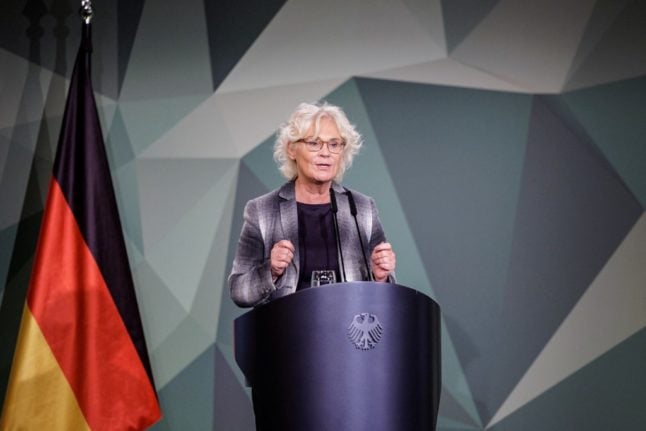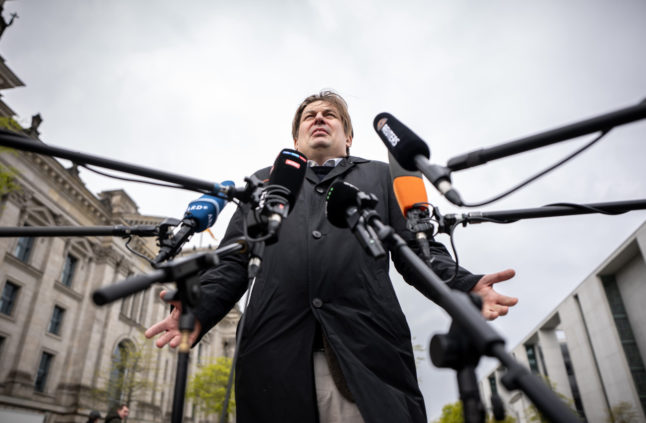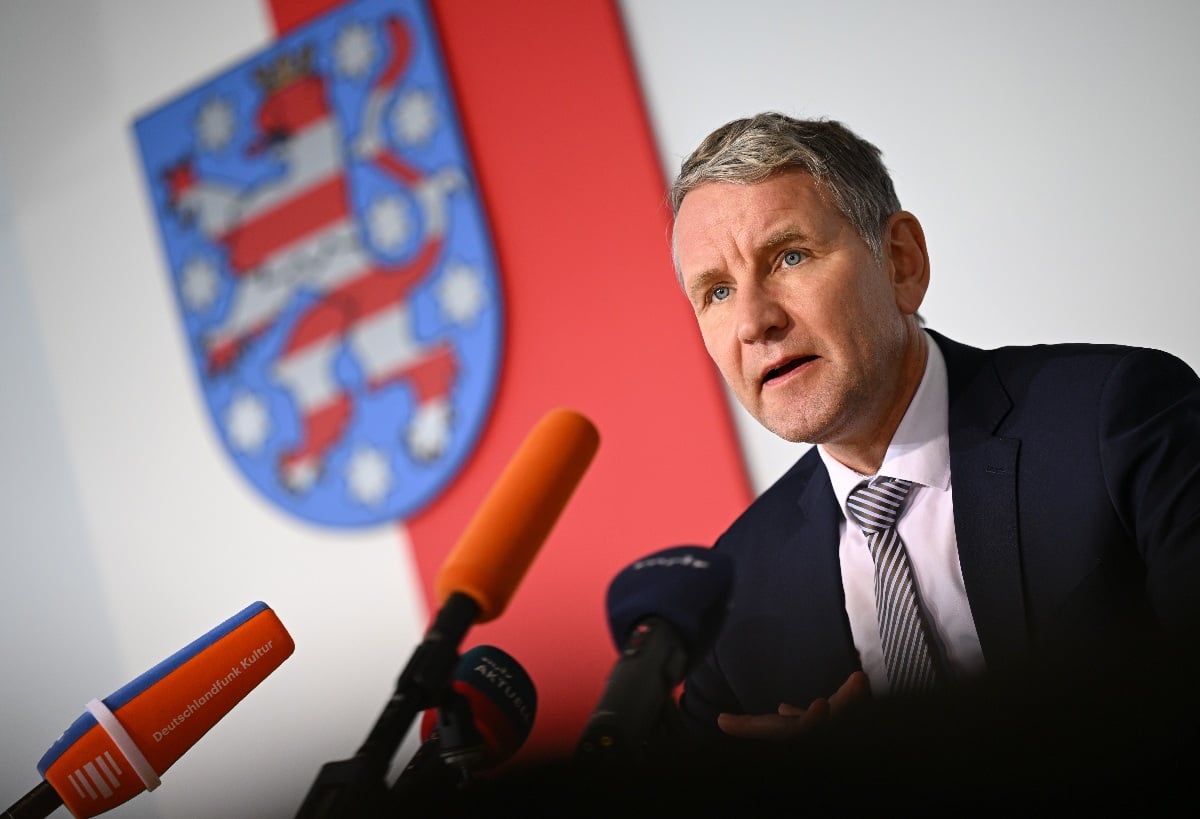Lambrecht visited the southern port city of Odessa, the German defence ministry said in a statement, without saying how long the trip had lasted. It added on Twitter that she had met her Ukrainian counterpart Oleksii Reznikov.
So far, no NATO country has supplied Western battle tanks to Kyiv.
Ukraine has repeatedly sought Leopard battle tanks from Germany to aid in its counter-attack against Russia, but Chancellor Olaf Scholz’s government has refused.
Scholz has said he doesn’t want to go it alone on arms supplies and will only take decisions in consultation with his Western allies.
Lambrecht reiterated this stance in Odessa: “We will always confer with our partners about what Ukraine needs,” she said.
“From my impressions today, air defence and artillery are currently at the forefront,” she told public broadcaster ARD.
She added that she had seen how the “populations were tormented by drones”.
Lambrecht’s visit came a day after Russian President Vladimir Putin declared the annexation of the Ukrainian regions of Donetsk, Lugansk, Zaporizhzhia and Kherson.
These annexations have been unanimously condemned by Ukraine’s allies.
“Germany will never recognise the results of the sham referendums” in the four regions, Scholz told Ukrainian President Volodymyr Zelensky by phone on Wednesday, according to the chancellor’s spokesman Steffen Hebestreit.
Scholz travelled to Ukraine in June, and Foreign Minister Annalena Baerbock has visited Kyiv twice.




 Please whitelist us to continue reading.
Please whitelist us to continue reading.
Member comments